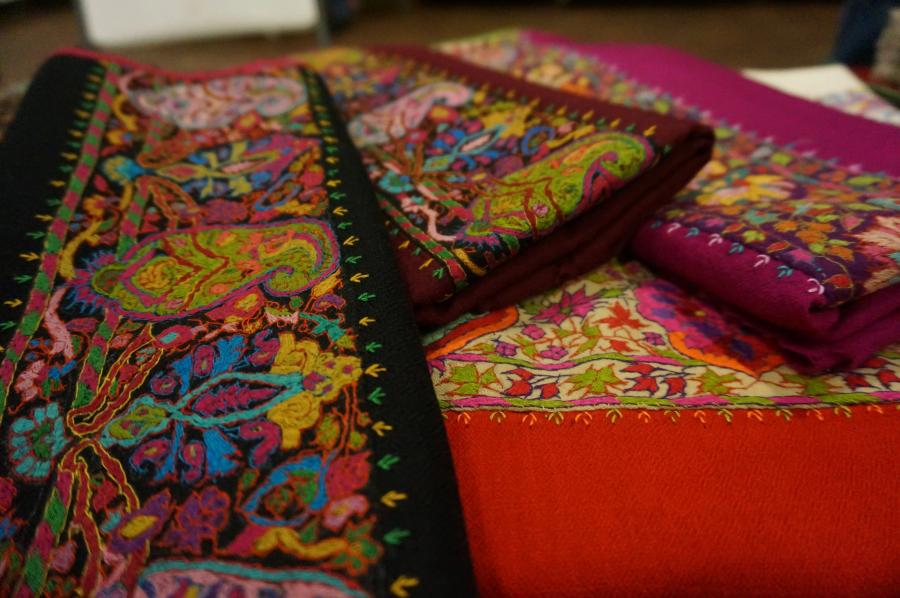In 1982, the government of Pakistan began destroying the forests of the remote Himalayan Rumbar Valley, in the northern province of Chitral. This region is inhabited by the Kalash peoples, who have been under pressure to convert to Islam from missionaries. Today, the Kalash are the last polytheistic pagan group of nearly 4,000 people in the predominately Islamic Hindu Kush area. This indigenous group is currently embroiled in a legal battle to retain autonomy over their ancestral lands from the usurpation of neighboring Muslim residents.
Pakistani law divides up the royalties from lumber sales with 40% going to the government and 60% to the owners of the forest. Soon after the government began logging, the Muslims of neighboring Ayun claimed to be co-owners of the forest and consequently sued the Kalash for 30% of the timber profits. They claimed that their town, adjacent to Kalash territory, was also part of the forest area. If the Muslims win the case and become co-owners of the forest, the Kalash fear that they will sell off vast amounts of the forest to loggers. Local lumber contractors have virtually deforested all the non-Kalash regions in the Chitral district. Continued large-scale logging in this area would disrupt the watershed, decreasing irrigtable land for Kalash fields and increasing the likelihood of flooding. This case further supports a belief that the protection of forests must be placed in the lands of local peoples.
The Kalash legal struggle is not merely a fight for a fair share of timber profits. If they lose their title to these forests,then essentially they lose sovereignty over their indigenous lands. The claims of the Muslims in the outlying areas pose a threat to the cultural integrity of the Kalash as well as their attempts to protect the forests and watershed areas in the region. According to Saifullah Jain, elected leader of the Kalash, "If we can turn the valleys into a reserve for future people, then the Kalash will survive for 1,000 years. If we lose the case, we will be homeless in 100 years."
Saifullah has been fighting this case since it began 12 years ago. He believes that if Kalash win the case, then their jurisdiction will be recognized and they can stop government logging. To date the Kalash have won their case at the Chitral district level. However, the Muslims have appealed to the provincial courts. The case currently rests with the High Court of Pakistan's Northwest Frontier Province, pending a decision within the next few months. Both sides have said they will appeal the decision to the Pakistani Supreme Court. The Kalash are at a financial disadvantage to the Muslims. Their economy is still based on a barter system and court costs are very expensive for them. In order to pay legal fees, some Kalash have had to mortgage their lands to Muslim bankers.
Carol Rose and Thomas Harrington, co-founders of the Kalash Legal Defense Fund, agree that the future survival of the Kalash depends on the outcome of this case. "If they win it, they will have the possibility of expanding their irrigation systems, their fields and herds of goats, and the ability to protect the watershed. If they lose the case, the valley will be overrun with competing land claims and land uses, and indiscriminate logging for profit."
Article copyright Cultural Survival, Inc.

